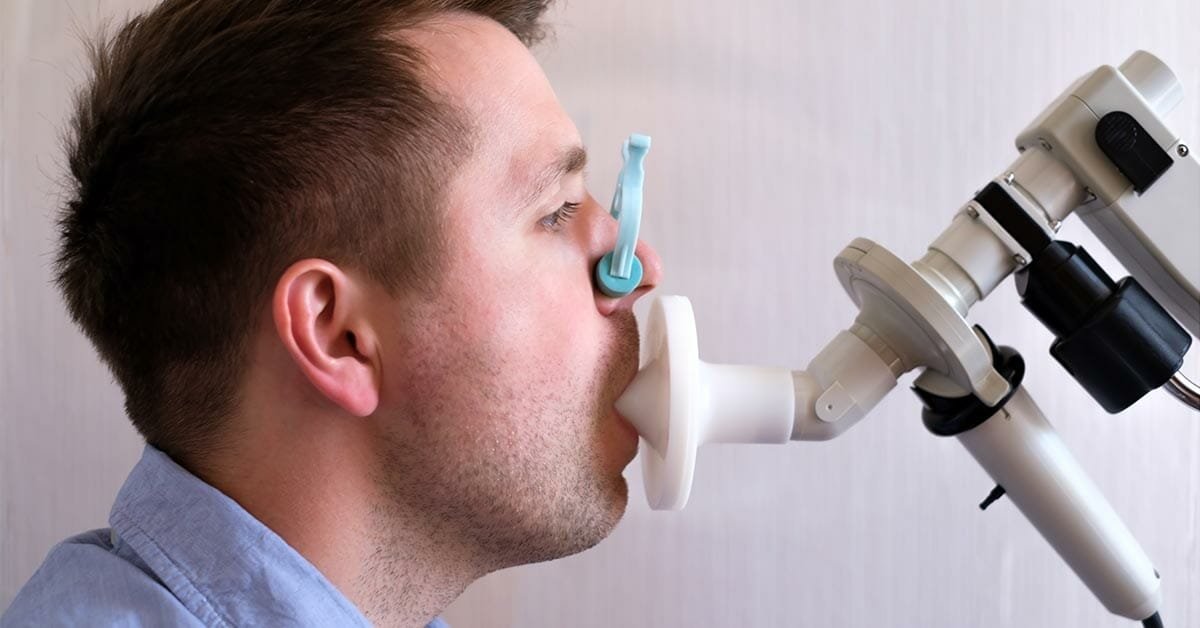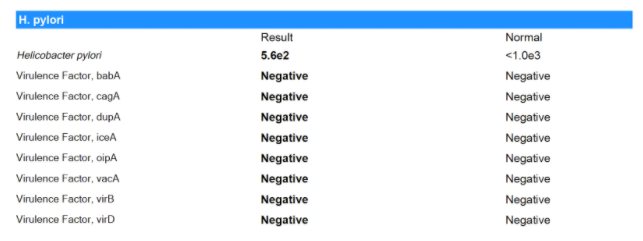Who is H-pylori?
Whenever I am interviewing new clients, one of the things I might hear is, “I think I have H-pylori”. To which I might respond, “Well, I bet money you do!”
Who is H-pylori?
Helicobacter pylori, commonly known as H-pylori is a type of bacteria that can penetrate your body and reside in the mucosa of your stomach and duodenum. It is classified as a gram- negative microbe with a negative reputation due to its ability to cause peptic ulcer disease in your gut lining. For other people, the infection can sometimes lead to stomach cancer.
However, more than half of population carries non-virulent strains of H-pylori. Just because you carry it, does not necessarily mean that it is an issue. H-pylori can actually be beneficial for us depending upon the strain and whether it produces virulence factors.
Protective benefits of H-pylori include:
It is protective against GERD, Barrett's esophagus, and esophageal cancer
Iron-Deficiency Anemia
Childhood Asthma and Allergic Rhinitis
Inflammatory Bowel Disease
Celiac Disease
Many of the negative effects of H-pylori occur with Cag A positive strains of H-pylori. This version of H-pylori increases the risk for gastric cancer and has a strong link to peptic ulcer disease. That said, you need to refrain from jumping to conclusions that the H-pylori strain you are carrying are virulent. Proper testing is critical so you can determine whether it is an issue or not.
Test before you Treat!
Unwarranted treatment can further disrupt your microbiome and digestion. In fact, H-pylori drug resistant infections are becoming more common. In WHO tracked countries, H-pylori treatment failure averages 8-12% and in some studies, was as high as 24%!
H-pylori Testing and Their Pros and Cons
Endoscopy - Helpful for late-stage diagnosis as you can see areas that have ulcers or inflammation.
Antibody Testing - Doesn't differentiate between old and new testing given antibodies persist for years after infection.
Breath Test - Accurate 95% of time but cannot be used with recent use of PPIs or ABX.
Stool Antigen Test – This test is recommended for initial and follow-up testing as it can tell if H-pylori is virulent.
Non-Pharmaceutical Intervention
Given the increasing prevalence of drug-resistant H-pylori infections, the world needs more non-pharmaceutical interventions or even combination therapy for H-pylori.
These are non-pharmaceutical interventions that can be used either alone or in conjunction with pharmaceuticals to treat H-pylori:
Green tea prevents H-pylori Adhesion
Cranberries inhibit Adhesion
Lactobacillus Acidophilus (LA5)
Bifidobacterium Lactis (BB12)
Nigella Sativa Black Seed
Bismuth increases the effectiveness of antibiotic therapy
Mastic Gum
Matula Tea
Herbal Treatments
Out of 21 Herbal Extract and 4 essential oils, Hydrastis Canadensis was one of the most effective inhibitors of H-pylori [Cwikla 2010]
Meanwhile, 7 days of Turkey Rhubarb extract completely cleared H-Pylori Infection in mice. (Ibrahim et al]
We are still waiting on human trials for this one as there are differences between human and mouse digestive tracts.
As always with herbs make sure you work with a herbalist or trained practitioner to ensure there are no contraindications for your health situation nor between the herbs and medications you use.
References
Lactobacillus acidophilus LA5 and B. Lactis BB12 Wang 2004 10.1093/ajcn/80.3.737
Cranberries 10.1111/jgh.15212
https://doi.org/10.1111/j.1523-5378.2005.00301.
Green tea 10.1016/j.ijantimicag.2008.10.032
Black Seed 10.4103/1319-3767.65201



